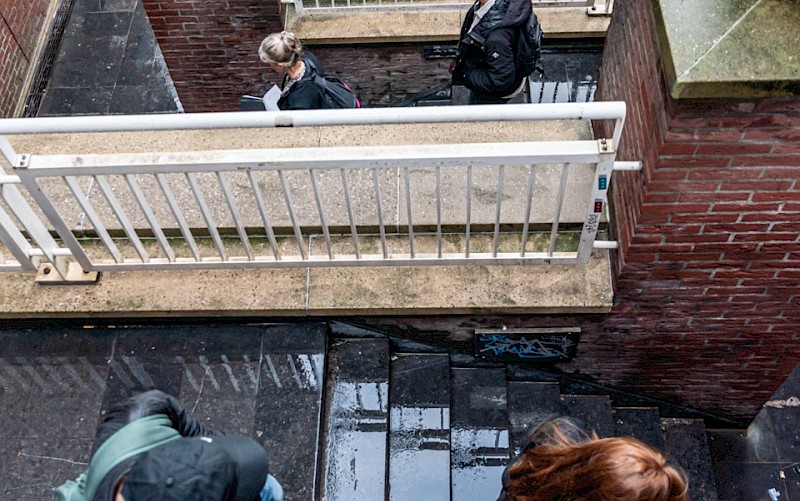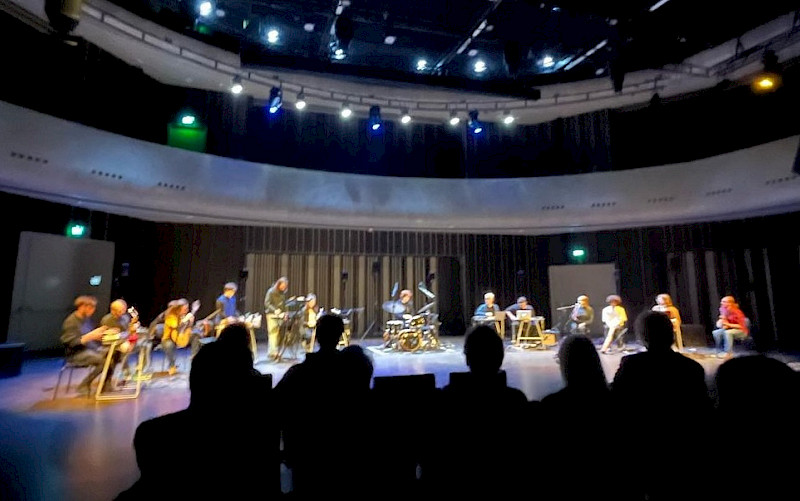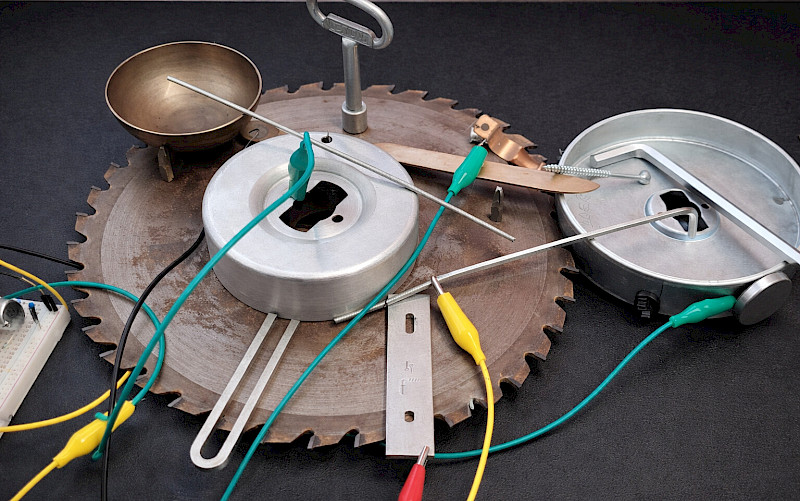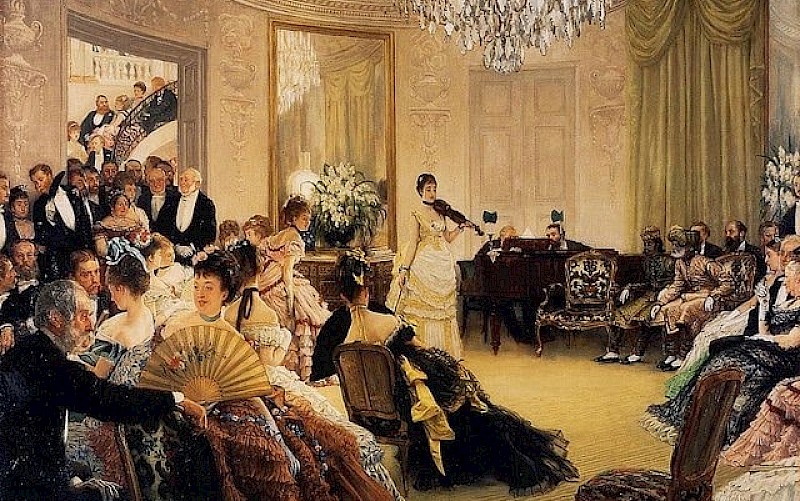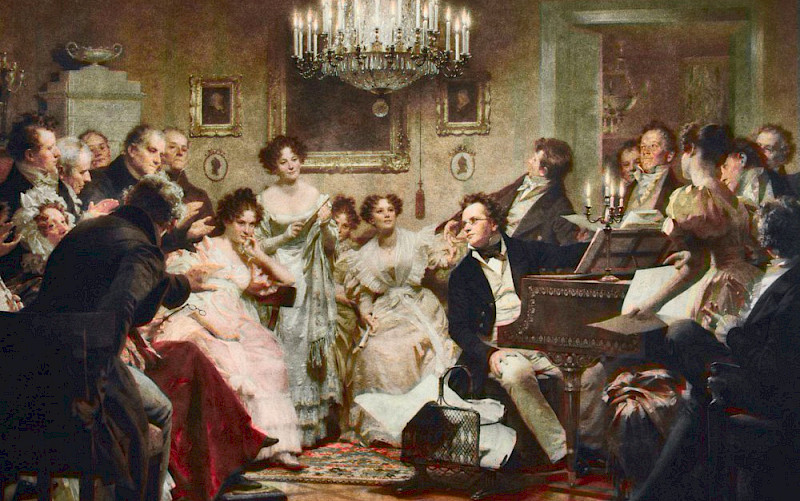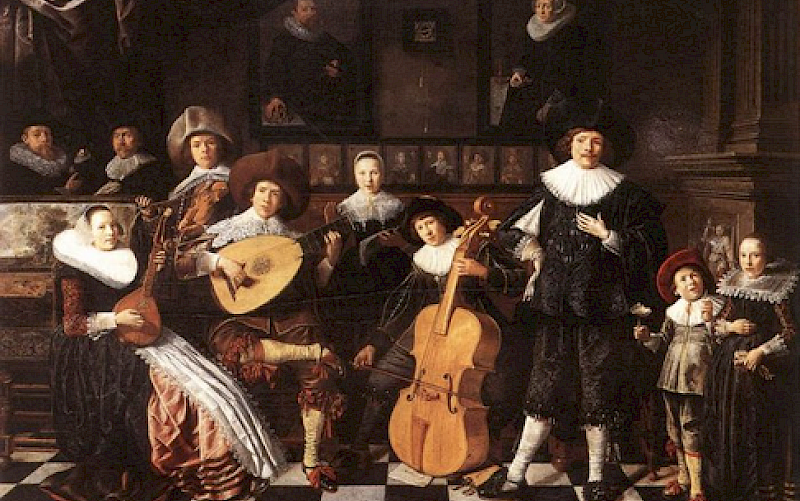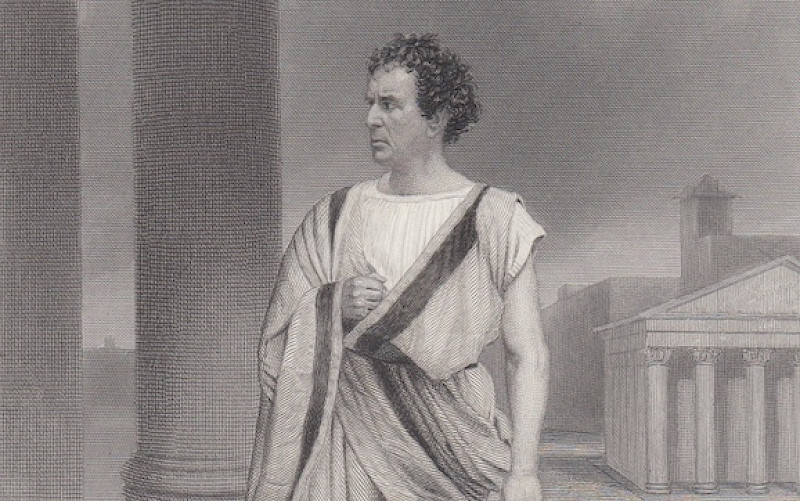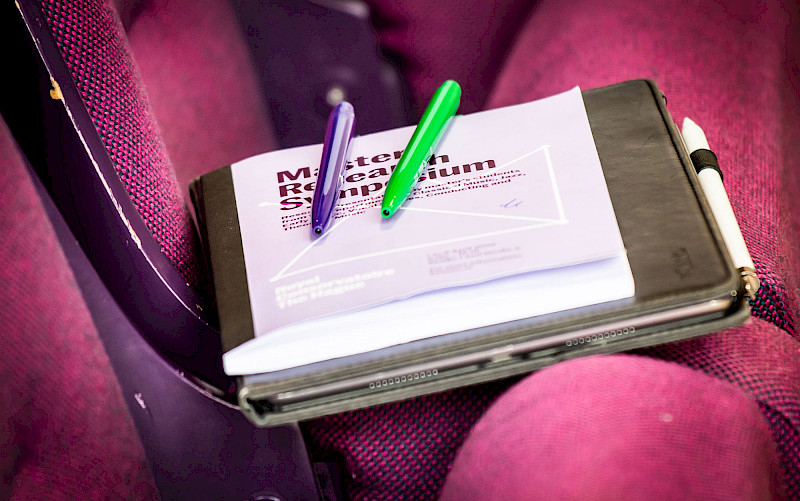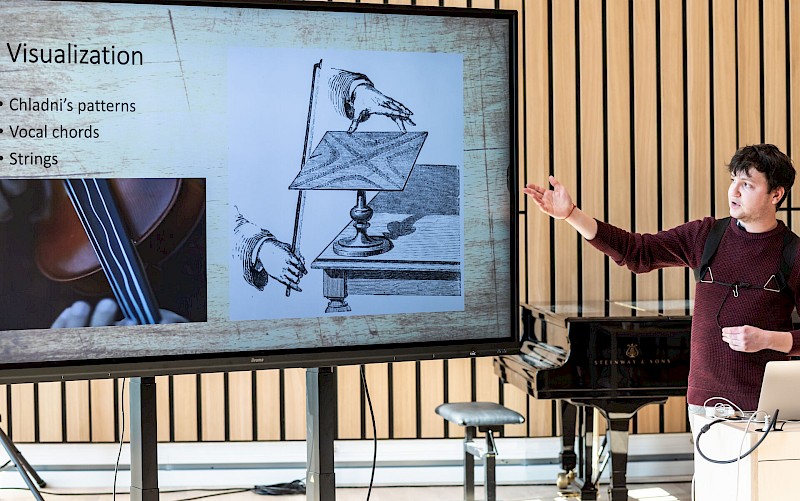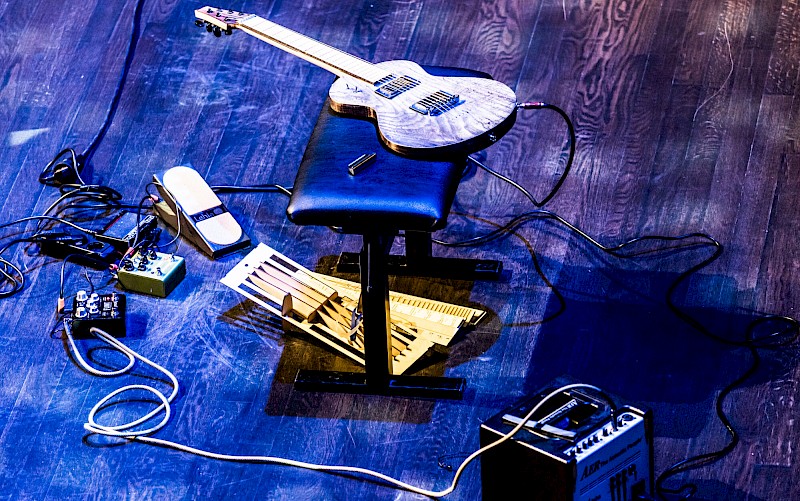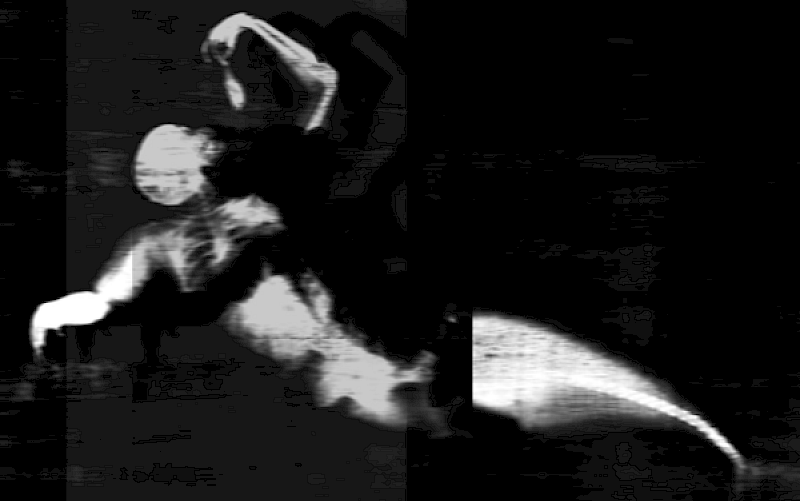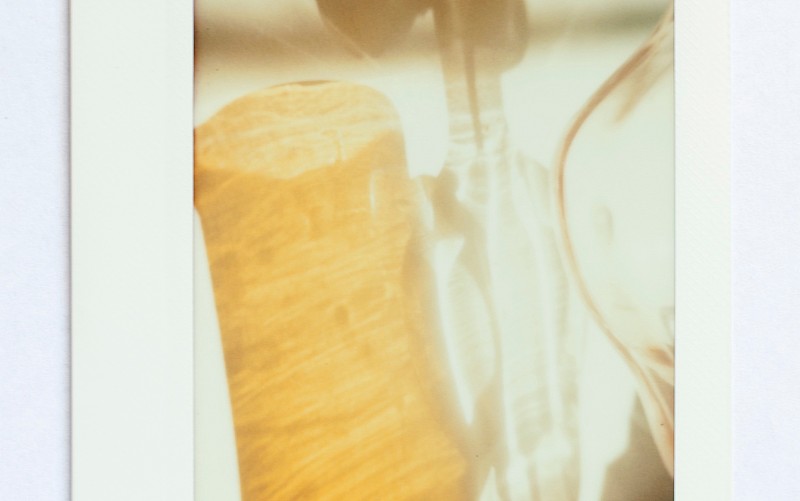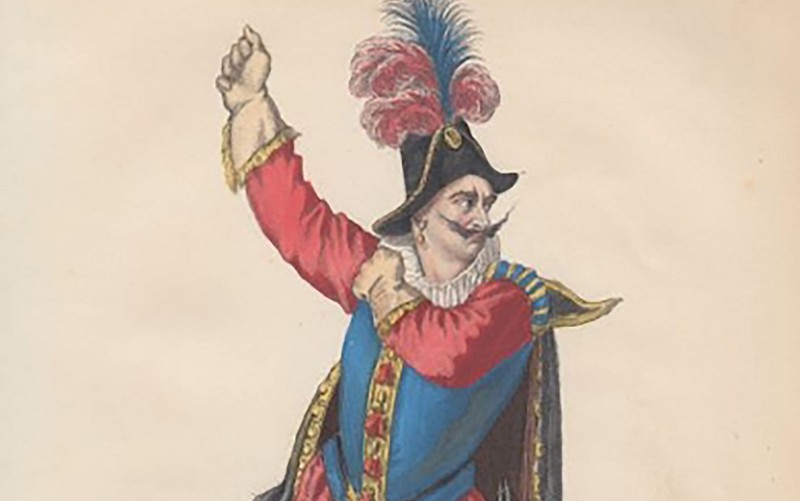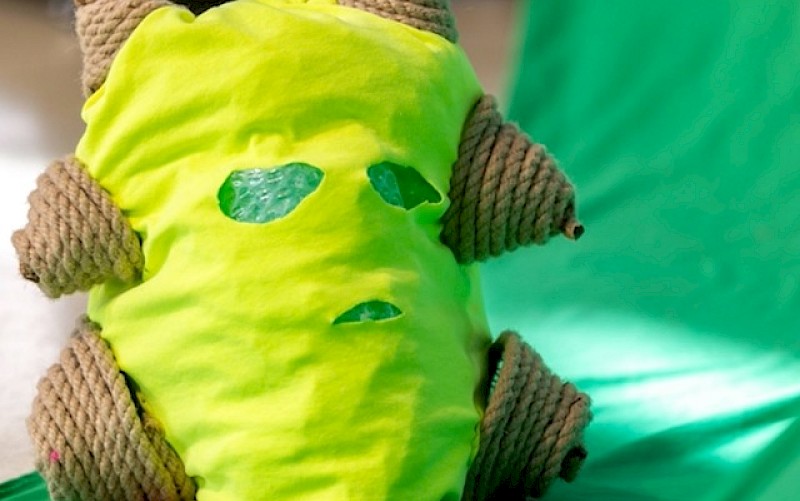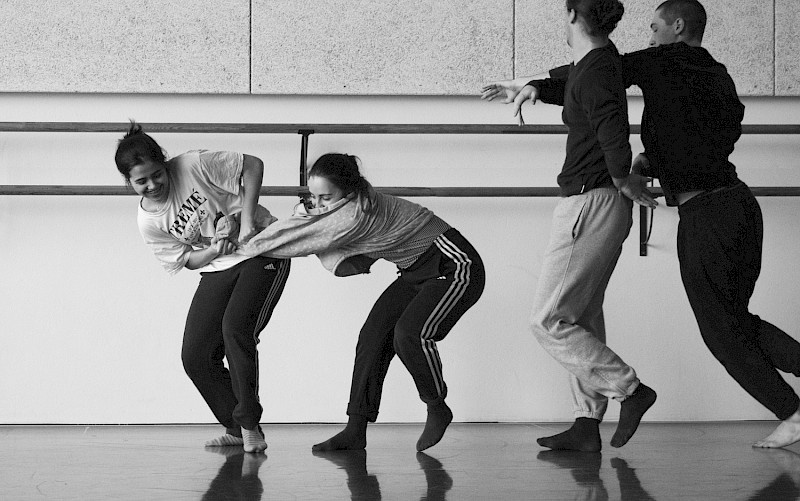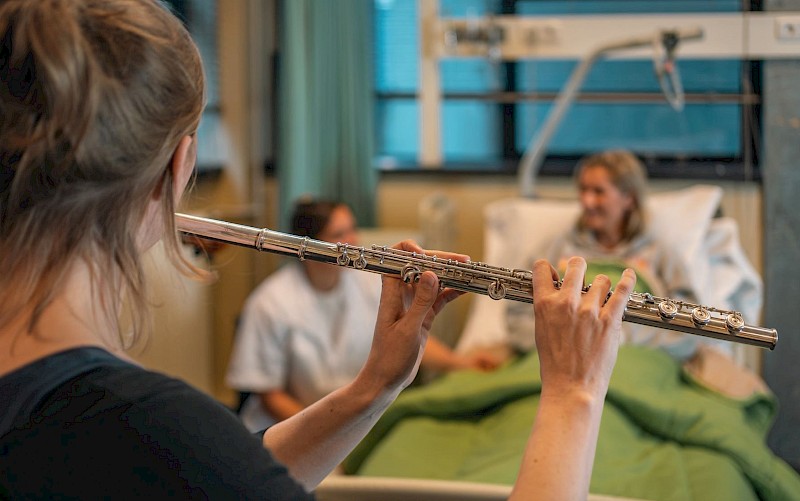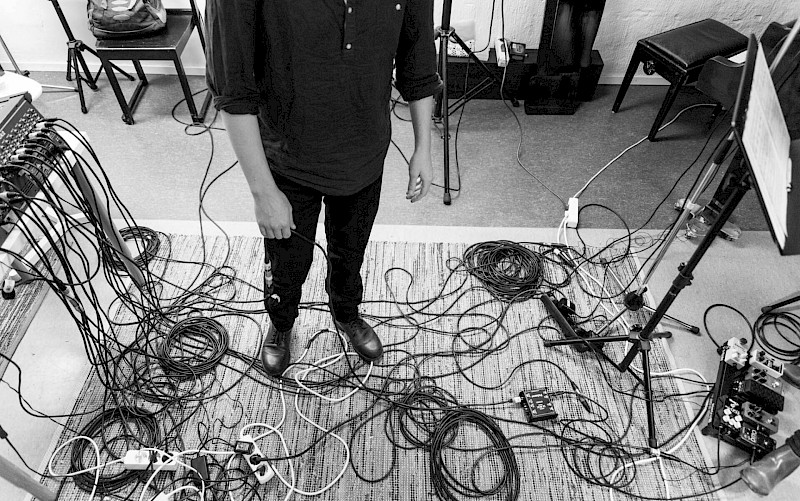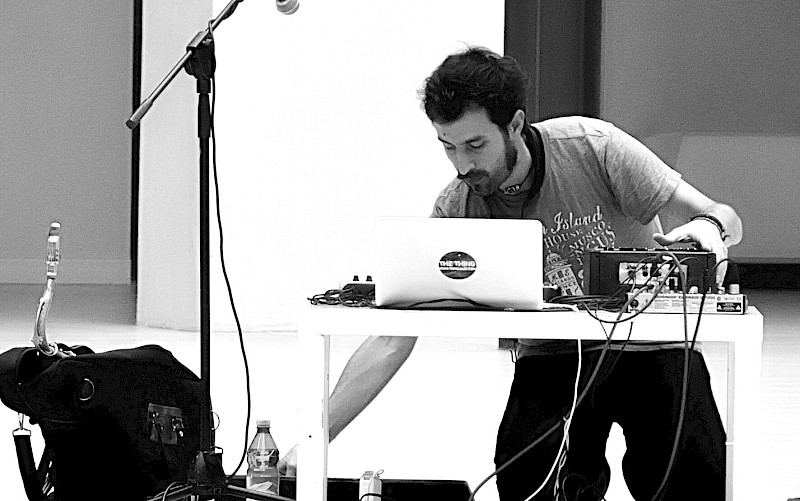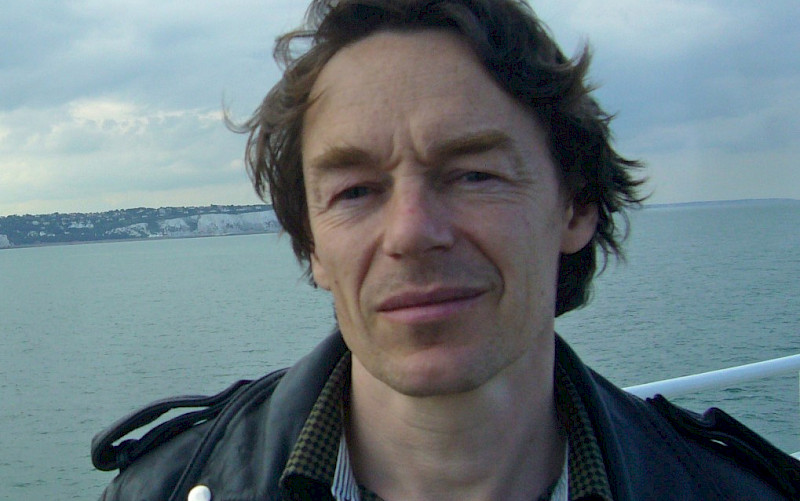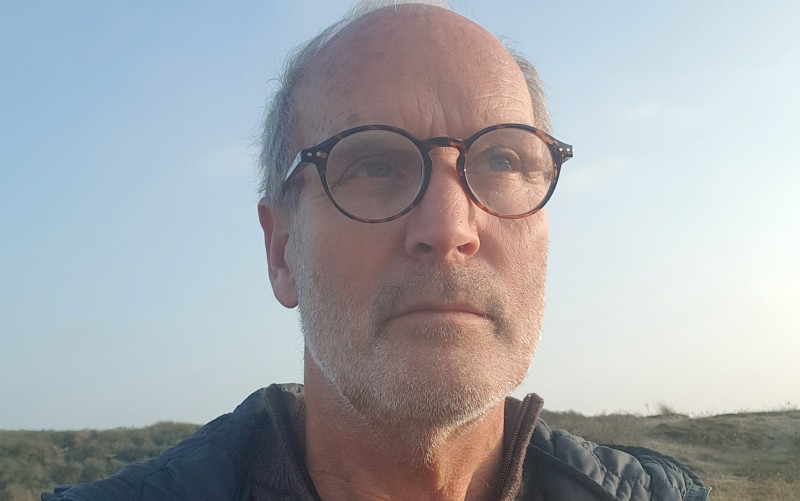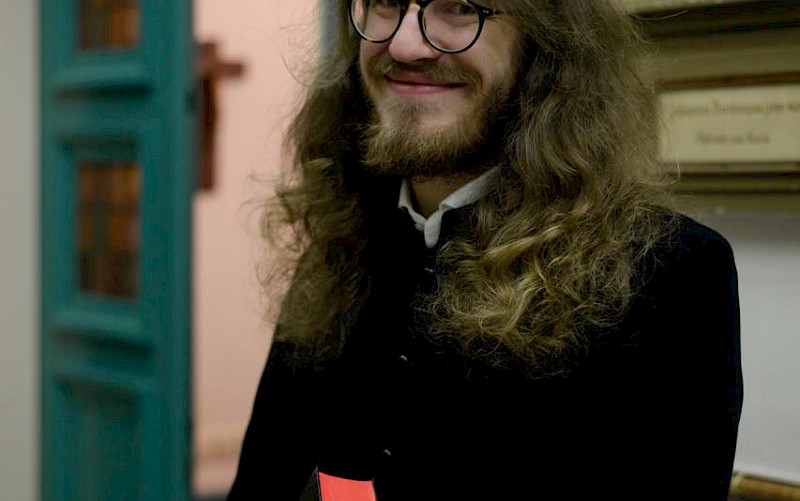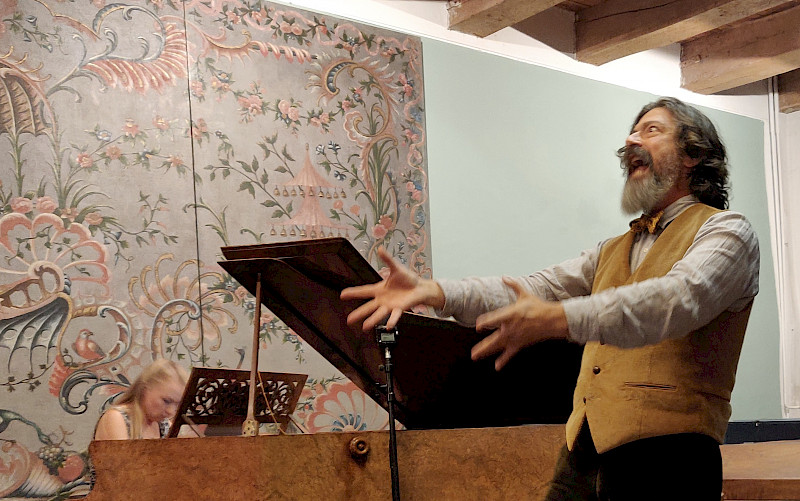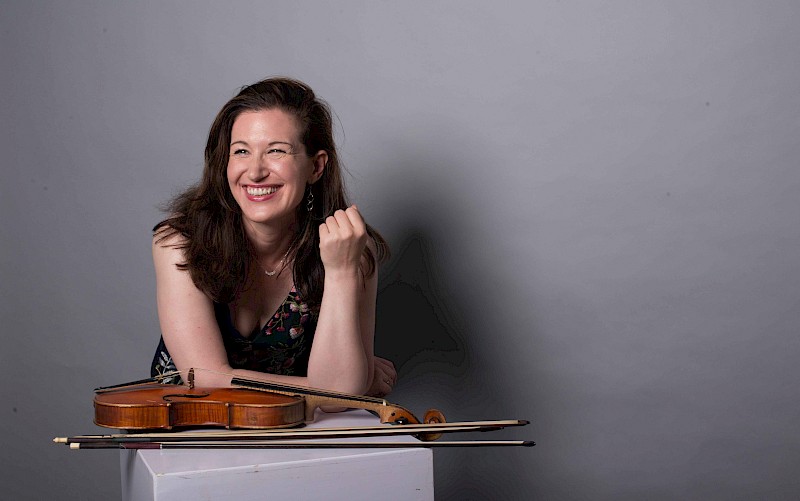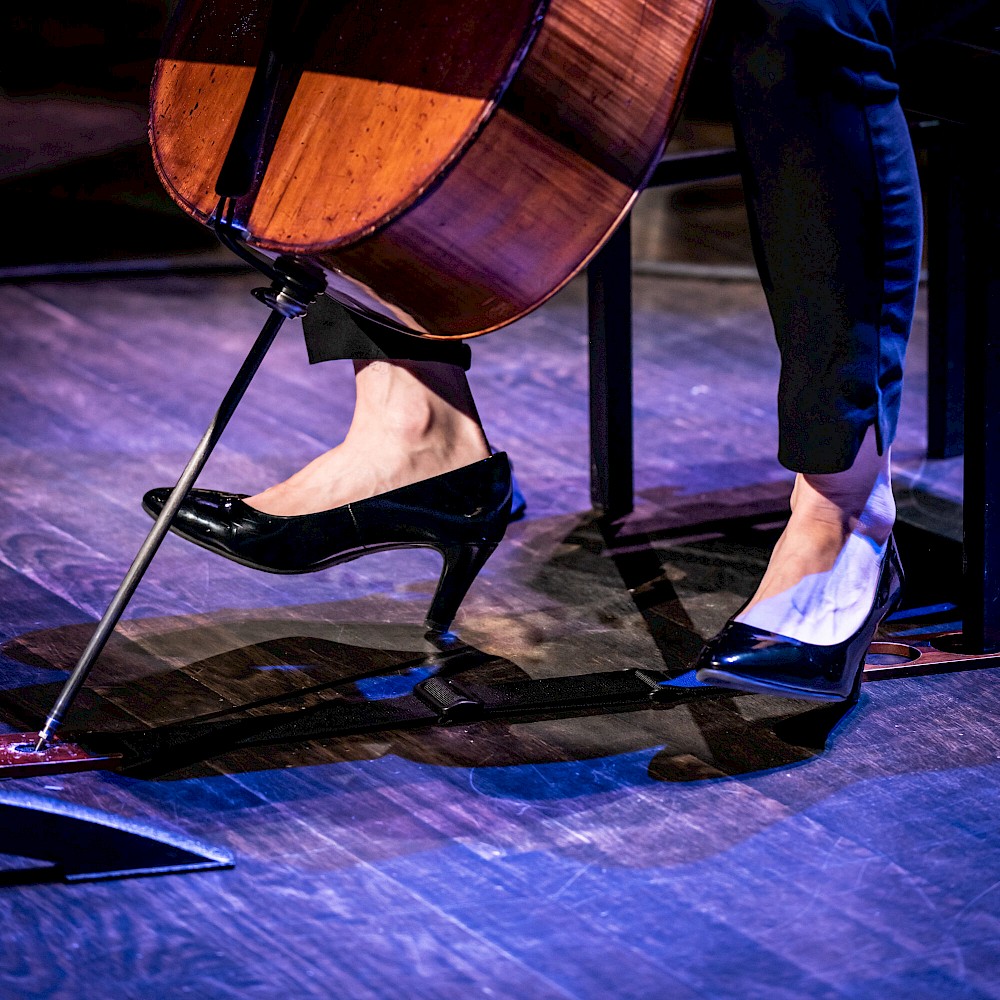
Crossing Bridges Symposium 2024 - Breaking the Canon
The Crossing Bridges Symposium is an annual event organized by the early music department of the Royal Conservatoire. The symposium will bring together scholars, teachers and students for lectures, performances, and open discussions about the phenomenon of musical experimentation. On this day we will investigate what unites us in a quest for experimental, sparkling, and personal musicianship.
All students and teachers are welcome on October 17 in the Conservatoriumzaal and the New Music Lab for a day full of inspiration and food for thought.
Outline of the program
- 10.30 – 11.20 Conservatoriumzaal. Stefan Weinzierl, TU Berlin, Audio Communication Group, Keynote Instruments, instrumentation and the acoustics of performance spaces in Vienna during Beethoven's time.
The orchestral sound balance results from an interplay of the characteristics of the individual musical instruments, the instrumentation, their playing style and the room acoustics of the performance space. The talk presents measurements of sound power and timbral properties of historical orchestral instruments of Beethoven's time in comparison to modern instruments, a historical overview of the change in instrumentation sizes in the period around 1800 and the acoustical conditions of the performance venues of this time in Vienna. These result from measurements in rooms that are still preserved and the simulation of rooms that are no longer preserved, on the basis of which the specific contribution of these rooms to the orchestral sound can be made audible through auralization.
- 11.30 – 12.00 Conservatoriumzaal. Lucie Nezri (alumna sonology), About for blandine and maciej (2022), an unmeasured and probabilistic piece for harpsichord and computer
For blandine and maciej (2022) is a composition for harpsichord and computer, consisting of a probabilistic transition between two close rational tunings. Written during my Master's in Sonology, the piece encapsulates many of the areas explored throughout my research: rational tuning systems and harmony, probabilistic processes for generating computer-based music/scores, and composing/analyzing musical structures through the lens of computable processes. Overall, the mixture or tensions between computer music and early music conventions occurs in the performance as well as in the listening of the piece.
- 12.20 – 12.55 Conservatoriumzaal. Antonio Pellegrino & Agata Sorotokin, (master students early music). Neapolitan Explorations from the Turn of the Eighteenth Century: Partimento Practices on the Keyboard and Violoncello (!)
We are incredibly fortunate to have access to sources that offer us a window into the hands-on teaching methods at the first Neapolitan conservatories. Several recently unearthed manuscripts confirm that principles of partimento training were by no means limited to keyboard instruments. Moreover, they contain fascinating implications about the range of genres that these partially sketched pieces reflected, on keyboards and beyond.
- 14.00 – 14.30 New Music Lab. Alina Petrova (master student sonology)
- 14.35 – 14.45 New Music Lab. Magda Peralta (master student early music), Johannes Brahms’ Clarinet Quintet op. 115: from early recordings to contemporary early music performances
- 14.50 – 15.15 New Music Lab. Francesco Elgorni (master student early music), The old desire for Automation A quick dive into past attempts of automatic composition and computationally assisted counterpoint from the 17th century until today.
- 15.20 - 15.40 New Music Lab. Marguerite Maire (master student early music), From free improvisation to deep listening: a recorder player in search of the powers of sound.
- 16.15 – 17.15 Conservatoriumzaal, João Ferreira de Miranda Santos, Royal Conservatoire Den Haag, Keynote, Distortion, Resistance and the Passions: Past and Present.
With the collaboration of Seraina Fässler (master student sonology) and Julia Hernandez Sanchez (bachelor student early music). In this presentation, I would like to argue that one aspect historical and contemporary technologies of music have in common is their capacity to mimic the human voice, in particular the kinds of vocal distortion the passions or emotions can generate. In order to explore the differences and commonalities between past and present, I show that the notion of resistance, or of sonic distortion can be understood not only as an acoustical, but also as an expressive parameter. For this, I will compare the way rock guitarists mimic rock singers to how instrumental technique was modelled on vocal practices. This presentation will also include two artistic illustrations and experiments realized together with two students, one from the Sonology and the other from Early Music department, Seraina Fässler and Julia Hernandez Sanchez.
- 19.00 Conservatoriumzaal
- presentation of Francesco Elgorni, Counterpoint in a black-box, a selection of historical harpsichord pieces and keyboard works by EMI (Experiment in Musical Intelligence), a program developed by David Cope in the 80s.
- Sonology Electroacoustic Ensemble (SEE), led by Richard Barrett, Collaborative Music Creation, with Sonology and Early Music students. The SEE is a group open to students from all KC departments, usually consisting of more or less equal numbers of acoustic and electronic instruments, which over the past 15 years has developed a particular way of combining those resources through free improvisation. Especially for this symposium a group was formed by Sonology and Early Music students. After this presentation SEE will still exist and is open to all students!
- SEE - Crossing Bridges symposium edition
- Marguerite Maire & Johanna Littger (recorders)
- Elza Heinsberga, Petra Music & Valeria Arcidiacono Alepuz (traverso)
- Lina Bohn (baroque viola)
- Adam Harrata (countertenor)
- Annija Krivjonoka (voice)
- Klyl Shifroni (bass guitar/electronics)
- Nicolás Kliwadenko, Otis Thomet & Richard Barrett (electronics)
